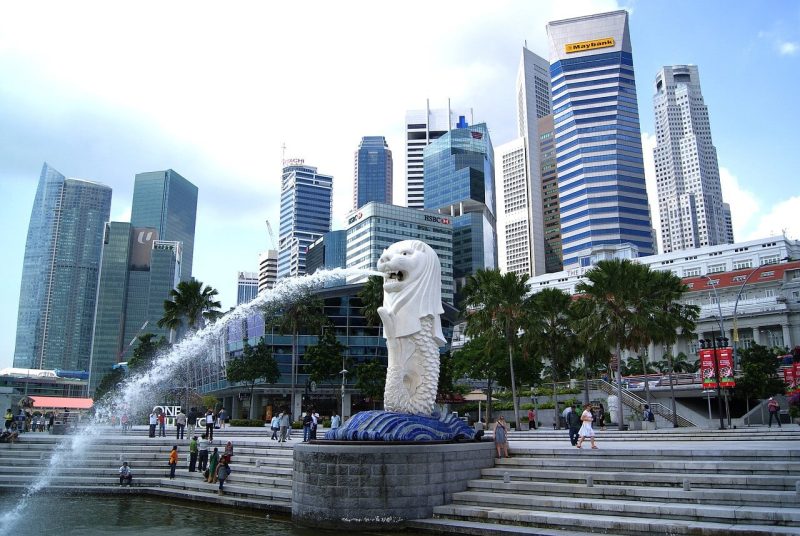
Singapore’s MAS Denies Listing Bitcoin Spot ETF, Retail Investors Can Still Access US ETFs
The Monetary Authority of Singapore (MAS) has made it clear that spot Bitcoin (BTC) ETFs will not be allowed to be listed in Singapore for retail investors.
The decision stems from the fact that cryptocurrencies, including Bitcoin, are not considered eligible assets for ETFs according to Singapore’s regulations, a spokesperson for the MAS told Lianhe Zaobao.
While Singapore may restrict the listing of Bitcoin spot ETFs, retail investors still have an avenue to access these investment products.
Licensed capital market intermediaries in Singapore, authorized by the MAS to provide overseas market-related investments, can facilitate the trading of spot Bitcoin ETFs listed in other countries.
These intermediaries are required to ensure adequate risk disclosure and conduct appropriate client suitability assessments to safeguard the interests of retail investors.
Retail Investors in Singapore Can Participate in CIS
The MAS spokesperson reiterated that retail investors in Singapore can participate in collective investment schemes (CIS) regulated under the Securities and Futures Act, which include ETFs.
However, there are limitations on the types of assets that these CIS can invest in, and currently, Bitcoin and other digital payment tokens (DPT), commonly referred to as cryptocurrencies, are not eligible assets for retail CIS in Singapore.
The spokesperson further emphasized the speculative and highly volatile nature of cryptocurrency trading, stating that it is not suitable for retail investors.
“Those who still choose to trade Bitcoin ETFs in overseas markets must exercise extreme caution. In addition, they should also carefully consider trading with overseas markets. associated additional risks.”
In Singapore, retail investors refer to individuals who are not classified as qualified investors or institutional investors under the Securities and Futures Act.
Qualified investors are defined as those with financial assets exceeding NT$1 million, a minimum income of NT$300,000 in the previous 12 months, or a personal net worth exceeding NT$2 million, excluding the value of their principal residence after deducting any guaranteed loan.
To strengthen investor protection and discourage speculative retail trading of cryptocurrencies, the Hong Kong Monetary Authority recently initiated a public consultation on regulatory measures for players in the crypto industry.
The consultation results and new measures were released in two phases in July and November of the previous year.
US Approves 11 Spot Bitcoin ETFs
While Singapore’s MAS has denied the listing of Bitcoin spot ETFs, the United States Securities and Exchange Commission (SEC) has taken a different approach.
It approved the listing of 11 spot Bitcoin ETFs, which commenced trading on the following day. Prominent issuers such as BlackRock, Fidelity, Invesco, and Ark Invest, in partnership with Swiss Crypto 21Shares, have entered the ETF market.
The launch of spot Bitcoin ETFs has witnessed significant trading volume, with Grayscale Investments’ Grayscale Bitcoin Trust, which converted into an ETF, achieving the highest first-day trading volume in history, surpassing $2.3 billion.
Additionally, BlackRock’s iShares Bitcoin Trust recorded a trading volume exceeding $1 billion, according to data compiled by Bloomberg.
In their first three days, spot Bitcoin ETFs achieved a cumulative trading volume of nearly $10 billion.
The post Singapore’s MAS Denies Listing Bitcoin Spot ETF, Retail Investors Can Still Access US ETFs appeared first on Cryptonews.

